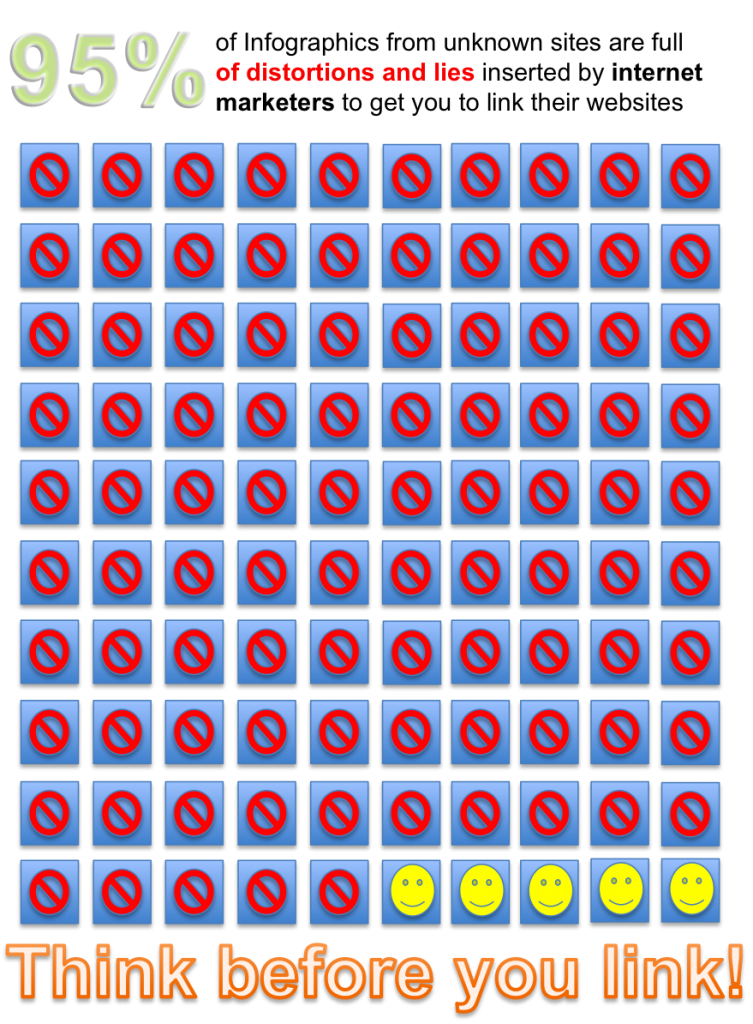Chris Dodd is apparently trying to get some kind of compromise or accommodation with the firms of Silicon Valley. ESR explains that this is not likely to yield the kind of returns he’s expecting:
Mr. Dodd, I hear you’ve just given a speech in which you said “Hollywood is pro-technology and pro-Internet.” It seems you’re looking for interlocutors among the coalition that defeated SOPA and PIPA, and are looking for some politically feasible compromise that will do something against the problem of Internet piracy as you believe you understand it.
There isn’t any one person who can answer your concerns. But I can speak for one element of the coalition that blocked those two bills; the technologists. I’m not talking about Google or the technology companies, mind you — I’m talking about the actual engineers who built the Internet and keep it running, who write the software you rely on every day of your life in the 21st century.
[. . .]
The difference matters because the businesspeople rely on us to do the actual technical work — and since the rise of the Internet, if we don’t like where a firm’s strategy is going, it tends not to get there. Wise bosses have learned to accommodate us as much as possible and pick the few fights they must have with their engineering talent very, very carefully. Google, in particular, got its huge market capitalization by being better at managing this symbiosis than anyone else.
I can best introduce you to our concerns by quoting another of our philosopher/elders, John Gilmore. He said: “The Internet interprets censorship as damage and routes around it.”






